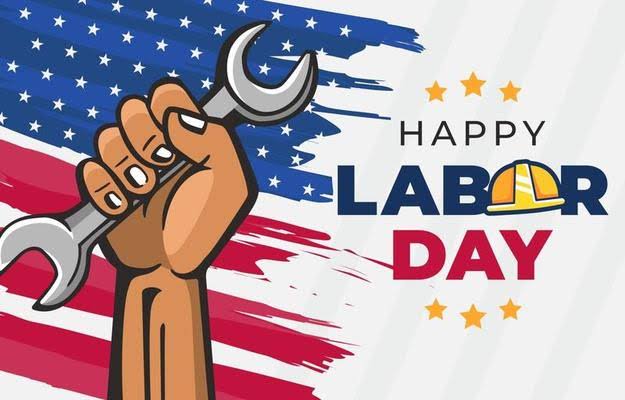Labor Day
Labor Day is a federal holiday in the United States that is celebrated on the first Monday in September. It is dedicated to honoring and recognizing the contributions and achievements of American workers, particularly those in the labor movement.
Here are some key facts about Labor Day:
- First celebrated in 1882: Labor Day was first celebrated on September 5, 1882, in New York City.
- Created by the labor movement: Labor Day was created by the labor movement to protest long working hours, low wages, and poor working conditions.
- Federal holiday since 1894: Labor Day has been a federal holiday in the United States since 1894.
- Honors workers’ contributions: Labor Day honors the contributions and achievements of American workers, including their strength, freedom, and prosperity.
- Parades and barbecues: Labor Day is often celebrated with parades, barbecues, and other festivities.
- End of summer: Labor Day is often seen as the unofficial end of summer.
- Sales and discounts: Many retailers offer sales and discounts on Labor Day.
- Political significance: Labor Day has political significance, as it is often seen as a day to advocate for workers’ rights and social justice.
Overall, Labor Day is a celebration of the hard work and dedication of American workers, and is a significant part of American culture and history.
Share this content:






Post Comment